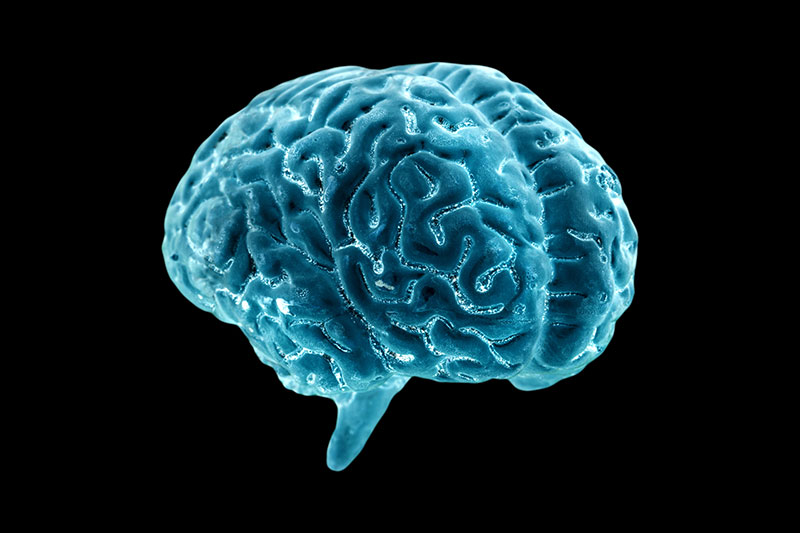April 18, 2019 (Medical News Today)
An accidental discovery was recently made by a group of scientists from Harvard Medical School about estrogen receptor-positive (ER-positive) breast cancer.
The amino acid, leucine, responsible for helping the human body make protein, seems to have a role in resistance to tamoxifen in breast cancer that tests positive for the estrogen receptor.
Furthermore, it was discovered that cell surface protein, SLC7A5, which aids cells in soaking in leucine, also impacts the response of ER-positive breast cancer to tamoxifen.
Research suggests that SLC7A5 could be a potential target for overcoming resistance to tamoxifen in the case of ER-positive breast cancer.
Lab experiments demonstrated that reducing leucine stopped tumor cells division, while increasing leucine promoted cell division in cultures of ER-positive breast cancer using human samples.
Cancer cells that were resistant to tamoxifen also contained higher levels of SLC7A5, suggesting that this protein helped the cells take in more leucine.
This study is now published in Nature.















Leave a Reply